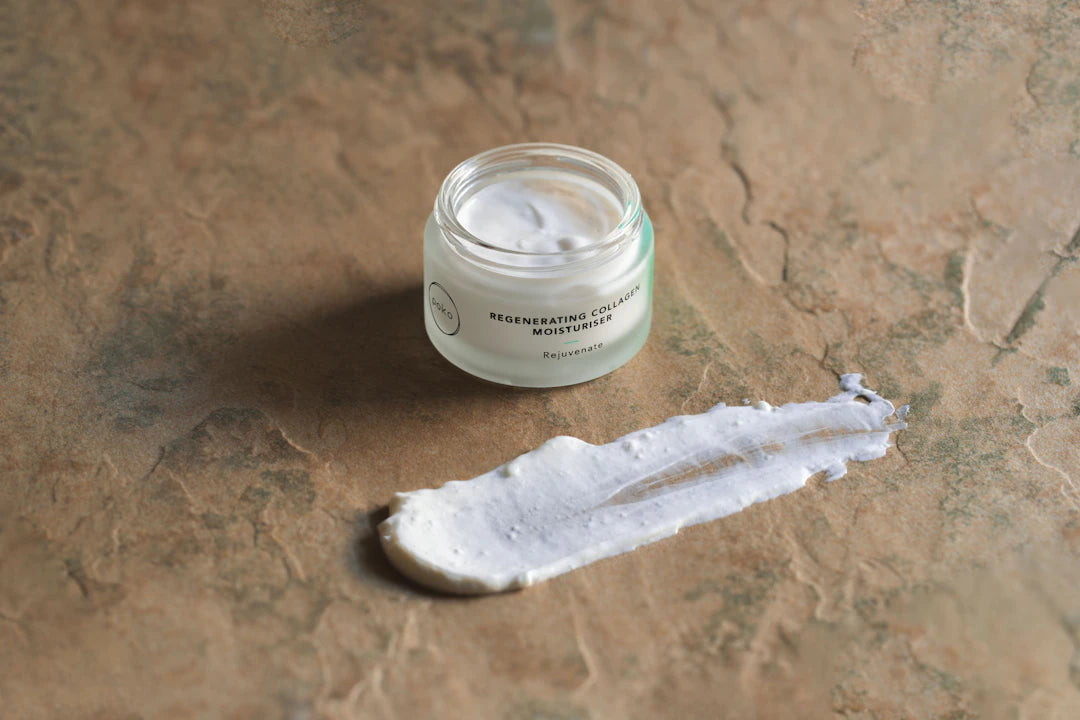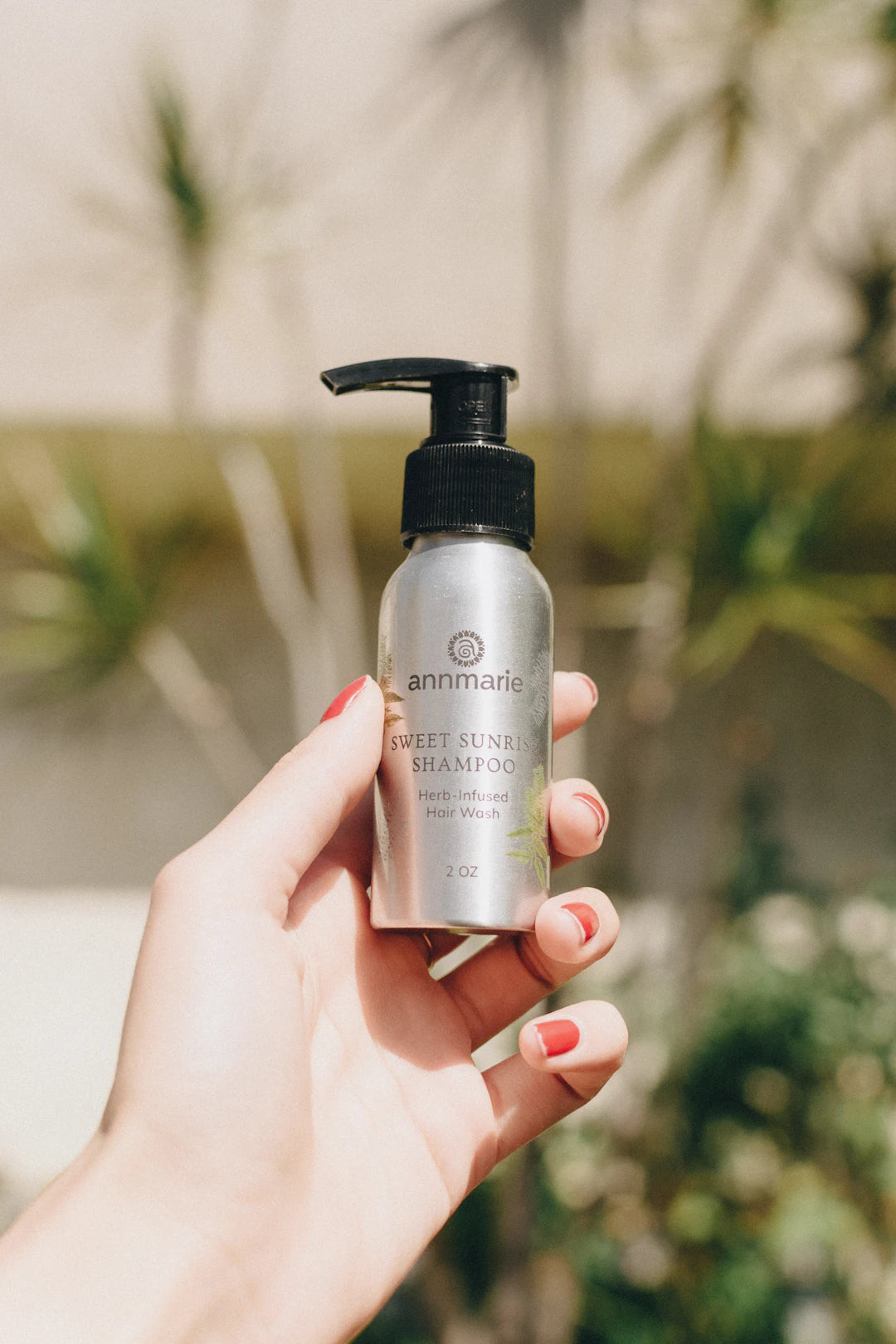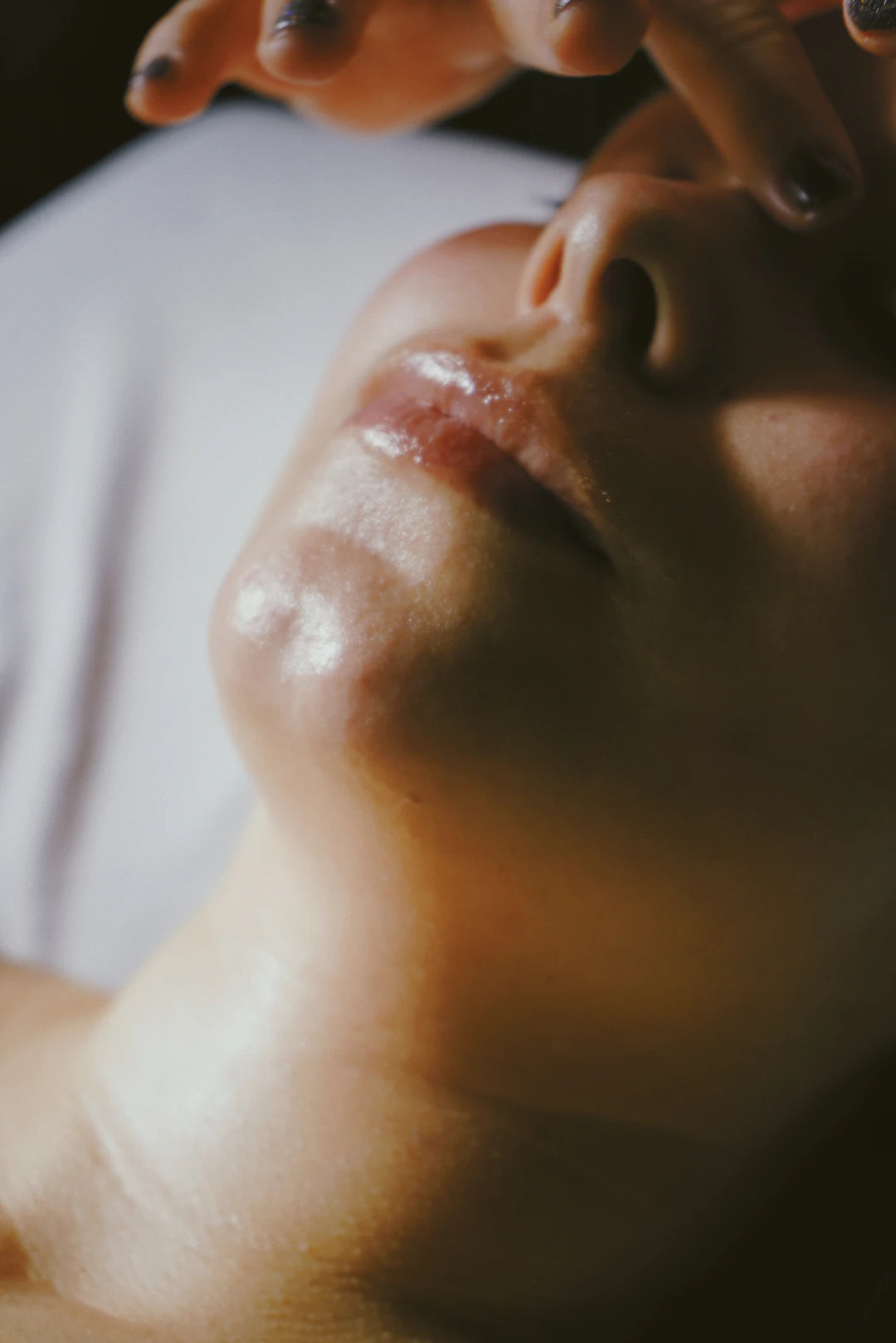Unlock Radiant Skin: Your Guide to Hydration

Frequently Asked Questions
1. What is skin hydration and why is it important?
2. How much water should I drink for proper skin hydration?
3. What are some daily practices to maintain optimal skin hydration?
4. What ingredients should I look for in skincare products for hydration?
5. How can lifestyle changes impact skin hydration?
In the endless pursuit of glowing skin, maintaining skin hydration is a crucial step that often gets overlooked. Hydrated skin not only looks healthier but also feels rejuvenated, elastic, and youthful. Whether you are battling dryness, fine lines, or just want to achieve that coveted dewy look, understanding how to keep your skin hydrated is essential. In this extensive guide, we’ll explore various methods, tips, and tricks to ensure your skin remains excellently hydrated, all while integrating effective ingredients like ISO-Placenta serum that can support this journey. Let's dive into the myriad ways you can lock in moisture and maintain your skin's vitality.
Understanding Skin Hydration
Before we jump into the how-tos, it's vital to understand what skin hydration means. Hydrated skin contains enough water to function properly and maintain its barrier. This barrier protects against environmental stressors while ensuring essential moisture is retained. When your skin is hydrated, it appears plumper and more youthful, naturally reducing the appearance of fine lines and wrinkles.
Why Hydration Matters
Hydration is vital for numerous reasons:
- Elasticity: Well-hydrated skin maintains its elasticity, preventing sagging and other signs of aging.
- Barrier Function: A hydrated skin barrier is less prone to irritation and damage.
- Radiance: Hydrated skin tends to glow, reflecting light beautifully and enhancing your overall appearance.
- Anti-Wrinkles: Keeping your skin hydrated helps in minimizing the appearance of fine lines and wrinkles.
Daily Practices for Optimal Skin Hydration
1. Drink Enough Water
The foundation of hydration starts from within. Adequate water intake is crucial in maintaining skin hydration. It’s recommended to drink at least eight glasses of water daily. This simple practice not only aids skin health but is beneficial for overall well-being. Consider keeping a water bottle handy to make it easier to track your intake.
2. Establish a Consistent Skincare Routine
Creating a solid skincare routine that focuses on hydration is fundamental. This includes:
- Cleansing: Use a gentle cleanser that doesn't strip your skin of its natural oils.
- Exfoliating: Regular exfoliation, about once or twice a week, will help remove dead skin cells and allow better absorption of hydrating products.
- Toning: Incorporate a hydrating toner to prep your skin and enhance moisture absorption.
- Serum Application: Utilize serums like ISO-Placenta serum that are packed with nutrients to boost hydration levels and overall skin health.
- Moisturizer: Seal in moisture with a good quality moisturizer suited for your skin type.
- SPF: Don’t forget sun protection! Protecting your skin from UV rays is crucial, as sun exposure can lead to dryness and premature aging.
3. Choose the Right Ingredients
When it comes to skincare products, selecting the right ingredients plays a significant role in hydration. Look for products containing the following:
- Hyaluronic Acid: This powerhouse ingredient can hold up to 1000 times its weight in water, making it a must-have for hydration.
- Glycerin: A natural humectant that attracts moisture from the environment to hydrate the skin.
- Aloe Vera: Known for its soothing properties, aloe vera provides hydration and nourishment without being overly heavy.
- Vitamins E & C: These antioxidants not only protect the skin but also help in retaining moisture effectively.
Environmental Factors Affecting Skin Hydration
Many external factors can impact the hydration levels of your skin. Below are some of the most common culprits:
Climate
Your skin behaves differently in varying weather conditions. For instance, dry, cold winters can draw moisture away from your skin, while hot, humid summers can lead to oiliness and dehydration. Adjusting your skincare routine according to the season is essential. In winter, opt for heavier creams, while lighter gels are more suitable for summer.
Indoor Heating and Air Conditioning
Indoor environments can often lead to moisture loss. Heating systems can dry out the air during the winter months, while air conditioning in the summer can strip away essential moisture. To combat this, consider using a humidifier in your home, particularly in dry seasons.
Dietary Habits
Your diet plays a significant role in how hydrated your skin can be. Incorporate foods rich in water, such as cucumbers, oranges, and watermelon, to help boost hydration. Omega-3 fatty acids found in fish and nuts are also great for maintaining skin elasticity and hydration.
Overcoming Common Hydration Challenges
Despite your best efforts, you might still face challenges in maintaining skin hydration. Here are strategies to overcome common issues:
Dry Skin
Dry skin is often a result of compromised skin barriers. To tackle this, incorporate richer creams and oils into your routine. Look for occlusive ingredients like beeswax or shea butter that help trap moisture in. Regular exfoliation can also help your skin absorb products more effectively.
Oily Skin
Your skin might still be dehydrated even if it appears oily. Oiliness can come from overproduction due to dehydration. Instead of heavy creams, opt for lightweight, hydrating gels enriched with antioxidants and hydrating agents like ISO-Placenta serum. This will ensure your skin is balanced without overloading it with oil.
Ageing Skin
As we age, our skin naturally loses hydration. Incorporating serums and hydrating treatments that target fine lines and wrinkles is crucial. High-quality moisture-locking ingredients are vital alongside a consistent routine tailored to include anti-wrinkle properties.
Lifestyle Changes for Better Hydration
In addition to skincare, lifestyle changes can significantly improve your skin's hydration levels:
Get Enough Sleep
Sleep is essential for skin health. Deep sleep allows your skin to repair and regenerate, leading to a refreshed and plump appearance. Aim for 7-9 hours of quality sleep per night.
Manage Stress Levels
Stress can lead to various skin issues, including hydration loss. Engage in stress-relieving activities, such as yoga, meditation, or hobbies, to maintain both mental and skin health.
Avoid Smoking and Excessive Alcohol Consumption
Both smoking and excessive alcohol consumption can lead to dehydration and skin dullness. Reducing or eliminating these can result in noticeably better hydration and overall skin health.
Transform Your Skin with Effective Techniques
Aside from regular hydration techniques mentioned above, consider these advanced treatments:
Facial Treatments
Professional facials that focus on hydration can significantly enhance your skin’s moisture levels. Treatments like hydrating facials incorporate serums and masks specifically designed to nourish and plump the skin.
Regular Skin Assessments
Consulting with a skincare professional can provide personalized insights into your skin’s needs. Consider scheduling regular skin assessments to adjust your skincare regimen accordingly.
Your Hydration Journey Awaits!
Embarking on a journey to maintain skin hydration doesn't have to be daunting. With the right knowledge and practices, you can achieve that luminous, youthful glow you've always desired. Incorporate habits such as proper water intake, a careful skincare routine, and a focus on stress management and nutrition, while exploring powerful ingredients like ISO-Placenta serum for optimal results.
Take a proactive stance on hydration—your skin will thank you with its radiant glow and youthful exuberance! So go ahead, commit to your hydration journey today, and watch as your skin transforms into a beautifully hydrated canvas that exudes health and vitality.


